An absolutely phenomenal TV series in which "Scientists, advocates, and parents around the world explore how carefully tending to kids' earliest needs can shape the course of human society". This television series covers a vast array of atypical topics that include:
1. Self Identity
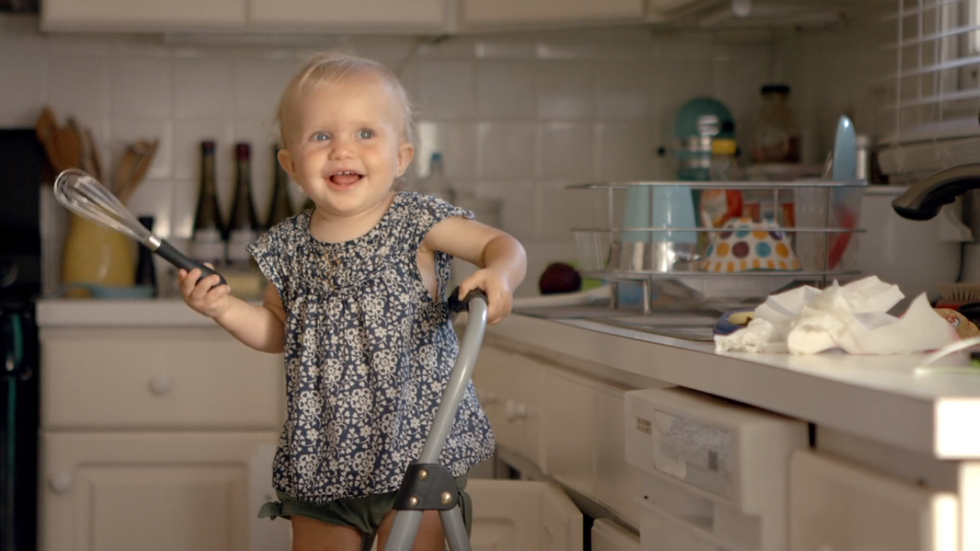
A child does not realize that they are born until 6 months after their birth. They feel that they and the mother are one. However, as the baby develops it gains an awareness of self. First the baby discovers its body: how things feels, sounds, taste, smell, and look. From there, their learning just accelerates.
2. Learning Capacities
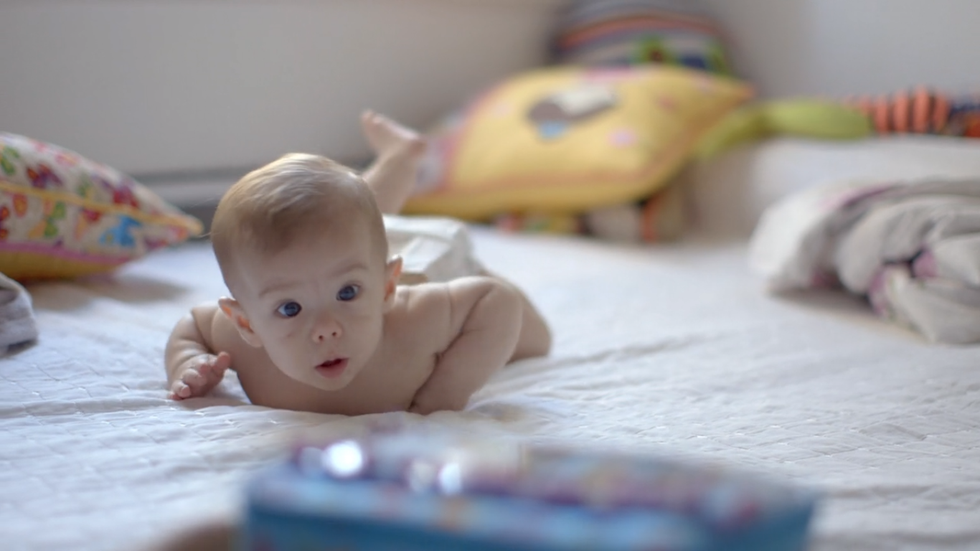
From conception to the age of 3, children are little scientists. They love to experiment in order to discover the world around them. However to them this is simply playing. Children are creative by instinct. They are little inventors that take common everyday objects and turn them into fascinating things. Their minds are sponges and take in everything, especially when involving social interactions. Their capacity to learn is endless.
3. Breastfeeding
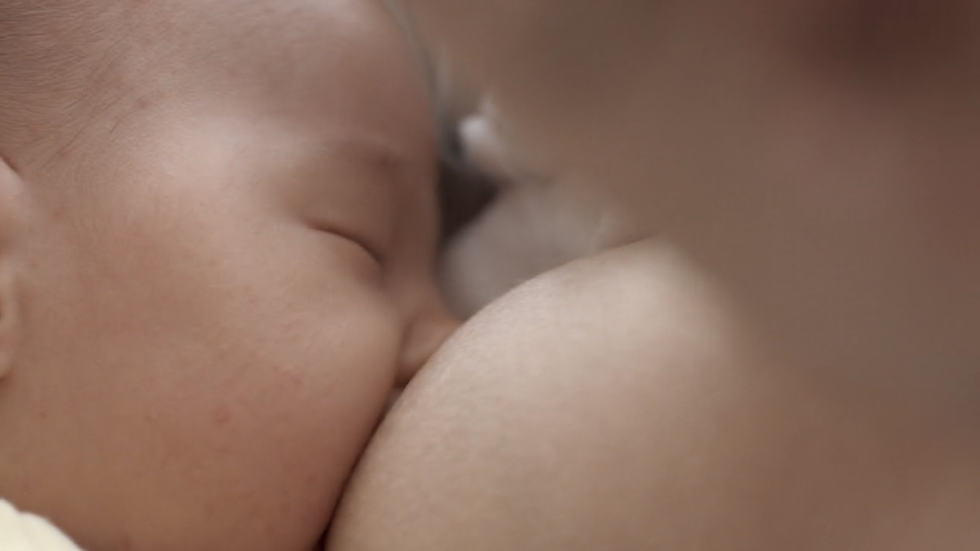
Currently there are a ton of debates about breastfeeding in public. In "The Beginning of Life" breastfeeding is declared one of the first most important ways a baby learns to build human relationships with the world around her. If a baby is going to develop to their fullest potential they need that human contact. Studies even show that if a mother is unable to breastfeed, that by holding her child close to her the benefits are comparable to those of a mother breastfeeding her child.
4. Fatherhood
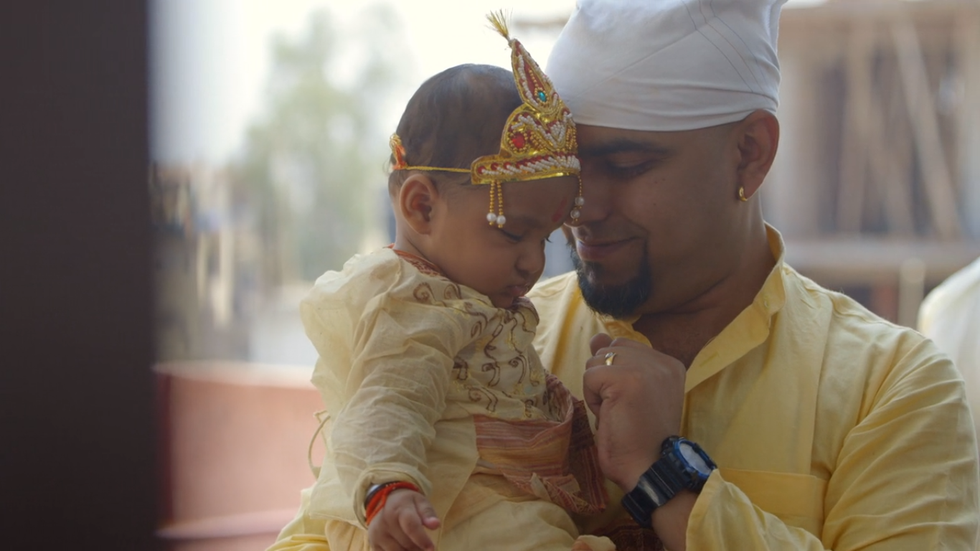
Fathers are just as crucial in the development of a child as are mothers. The father provided the child an opportunity to realize that there is a world outside of that of where the mother resides. The father must too carry, play, feed, and care for his child. The contributions a father gives to a child are difficult to list but that list does include compassion, joy, peace, and safety.
5. Poverty
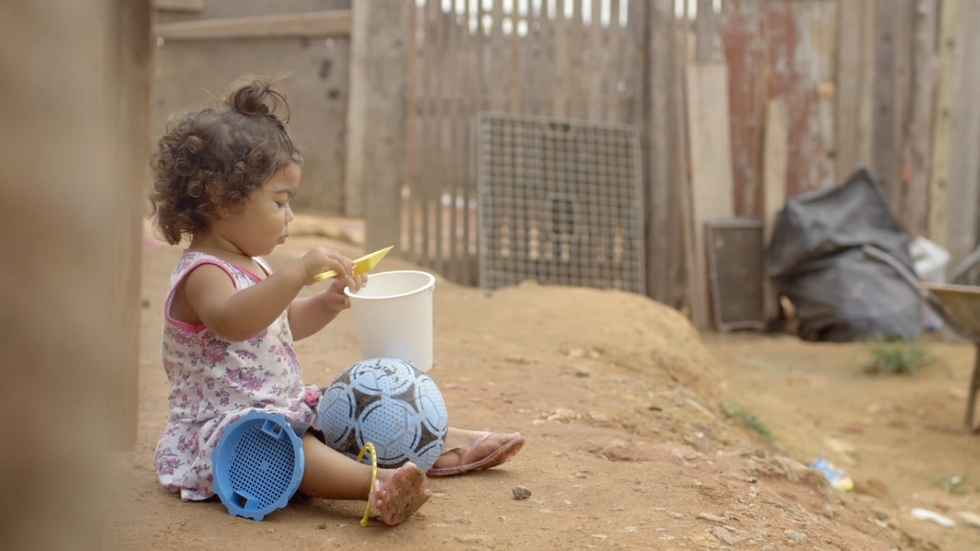
Poverty has a huge impact on how a child develops. Not only are children at risk of malnutrition, poor health, and limited educational opportunities, but child miss out on being children. Their capacity to dream and be happy reduce dramatically. A child who lives in poverty has higher stress levels that chemically changes their brains to be more susceptible to trauma, depression, anxiety, and other such disorders.
6. Side Effects Of Birth
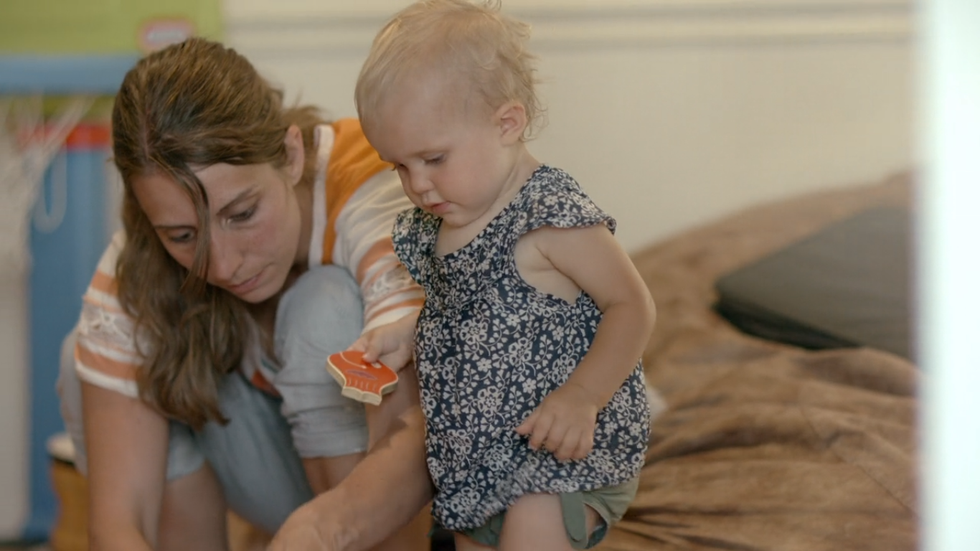
Many women after giving birth experience what are called 'baby blues'. It is normal to feel some sort of sorrow after giving birth. It is a time of mourning. Mourning not being able to carry your child in the womb, your child will grow up and leave, your time is no longer yours, etc. Mothers may also feel overwhelmed with their new responsibility. They may also feel lonely and cut off from adult interaction. In addition to this other women suffer other more severe emotional imbalances such as postpartum depression and postpartum psychosis.
7. Paternity and Maternity Leave
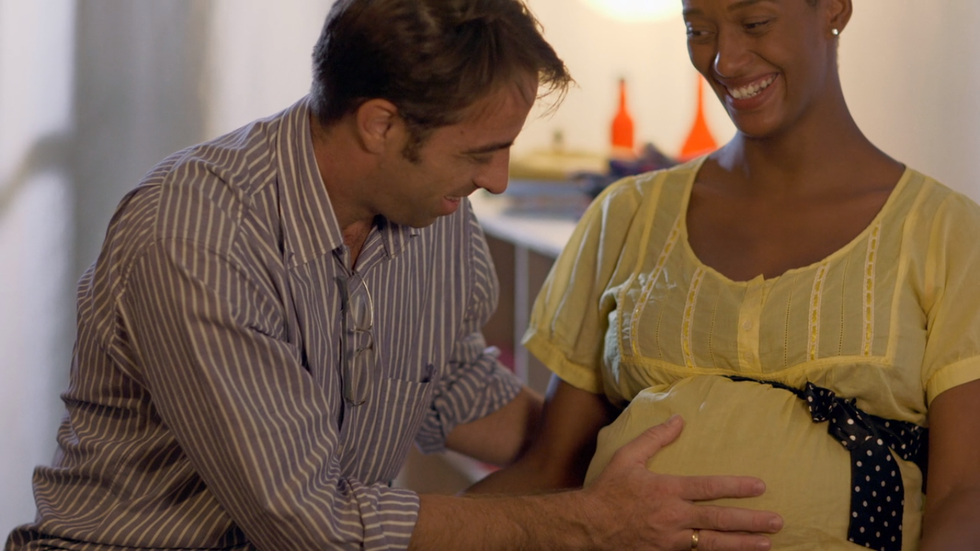
In the US what is typically offered as maternity leave is six weeks off of work with no payment. Paternity leave is just about non-existent. In "The Beginning of Life" I learned that there are countries where there is not only both maternity leave and paternity leave, but that the duration of the leave can be as long as two years with paid salaries!
8. Parenting Roles
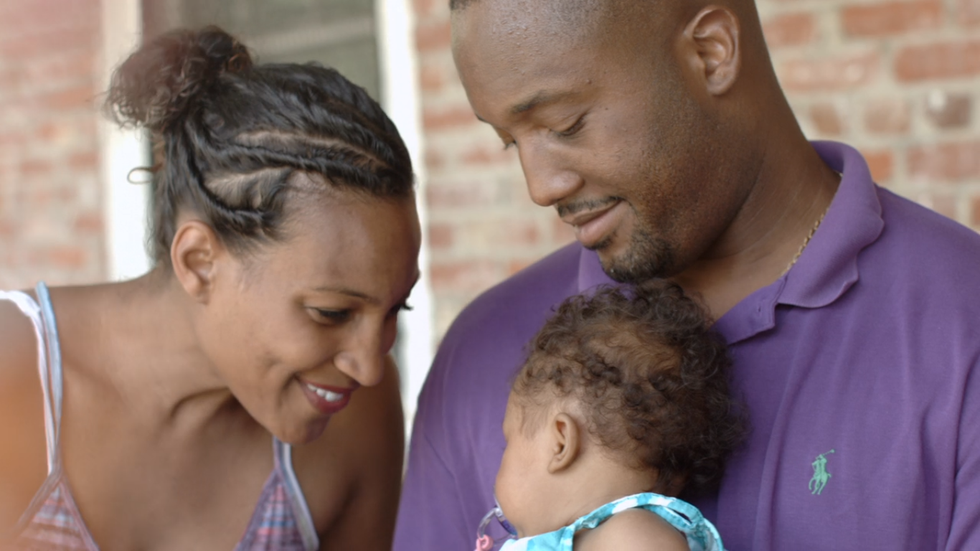
Before the role of a mother was to care for the child and the father was to provide. However, now there is so much more depth to parenting roles. Mothers care for their child, their home, their husband, and themselves, so that their husbands can work and fulfill their other roles. While fathers work, care for themselves, their wife, and their child so that mothers can fulfill their other roles. This should not be viewed as helping the mother/father with their duties but as a role itself. And of course, in our modern society these roles are not mandated to be gendered assigned.
9. Nature Versus Nurture
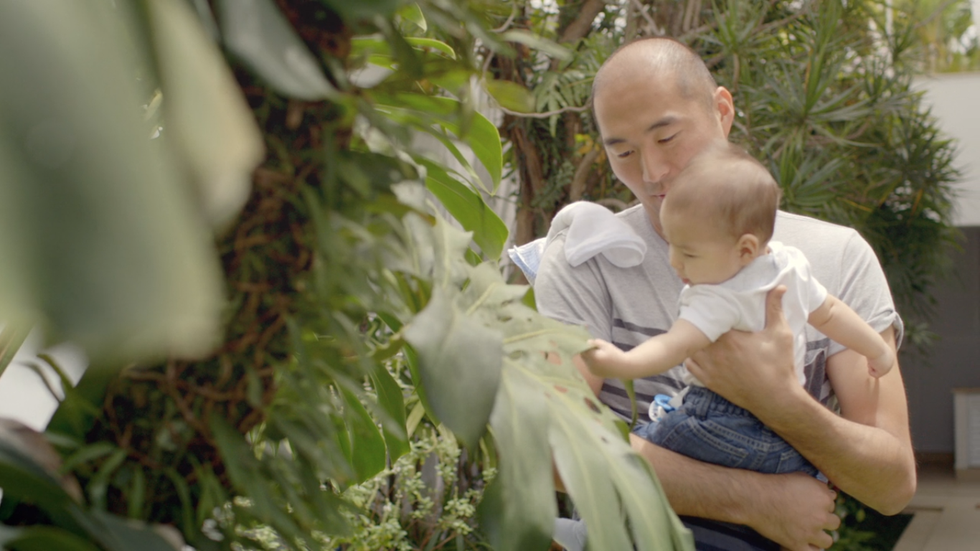
In academia, there was a long term debate about whether child learn and develop through nature or nurture. Nature being that child need to be taught no do something. Nurture being that child need to be loved in order to develop. The answer is BOTH.
There are so many wonderful, intriguing facts to learn from "The Beginning of Life". What I have covered hasn't even scratched the surface. You must watch this docuseries on Netflix asap!



















